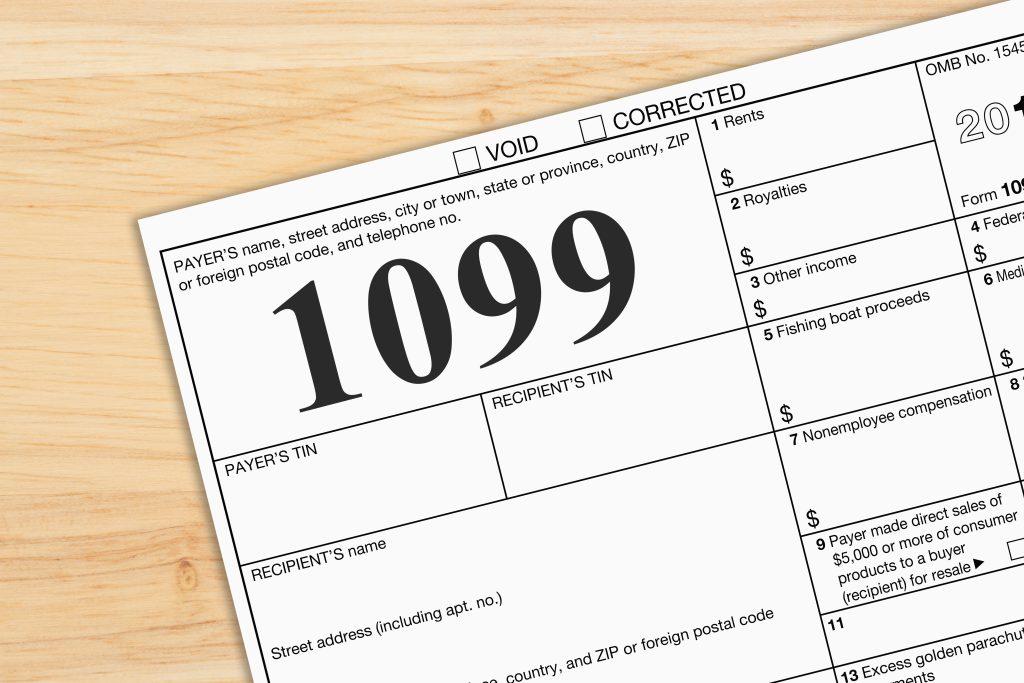Transversing the Latest Changes in 1099 and 1096 Filing for 2024: What You Need to Know

Introduction
As we approach the end of another fiscal year, tax professionals and business owners alike are bracing for the annual ritual of filing 1099s and 1096s. For 2024, several noteworthy updates have been introduced that could impact how you handle these essential tax forms. Understanding these changes is crucial for ensuring compliance and avoiding potential penalties. In this article, we’ll delve into the latest modifications in the 1099 and 1096 filing requirements and what they mean for your business.
Key Changes in 1099 Filing for 2024
1. Expanded Reporting Requirements
One of the most significant changes for 2024 involves the expanded reporting requirements for Form 1099-NEC. This form, which reports non-employee compensation, now includes additional fields for reporting more detailed information about the recipient. Specifically, businesses will need to include more granular details about the type of service provided. This change aims to enhance transparency and improve the accuracy of reported income.
2. Increased Thresholds for 1099-K
For those familiar with Form 1099-K, used to report payments made through third-party networks (such as PayPal or credit card processors), there are updated reporting thresholds. Previously, the reporting threshold was set at $20,000 and 200 transactions. For 2024, the threshold has been reduced to $600 with no minimum transaction requirement. This change is part of an effort to capture a broader spectrum of income, particularly from gig economy workers and small businesses that previously flew under the radar.
3. New Form for Reporting Cryptocurrency Transactions
The IRS has introduced a new version of Form 1099-B to address cryptocurrency transactions. As digital currencies become increasingly popular, the IRS is keen on ensuring that all transactions are accurately reported. This form will now include sections specifically designed for cryptocurrency trades and holdings. Businesses and individuals dealing in digital currencies must be diligent in maintaining accurate records and ensuring proper reporting.
4. Enhanced Penalties for Non-Compliance
The IRS has also announced stricter penalties for failure to file correct information returns. For instance, if a business fails to file Form 1099-NEC on time, the penalty has increased substantially. It’s crucial to file these forms accurately and on time to avoid hefty fines, which can add up quickly, especially for larger organizations with numerous transactions.
Updates to Form 1096 Filing
1. Digital Submission Options
Historically, Form 1096, the summary form used to transmit paper 1099s to the IRS, had to be submitted on paper. However, the IRS has made strides toward digitization. For the first time, businesses can file Form 1096 electronically if they are filing fewer than 250 forms. This change aims to streamline the filing process and reduce the administrative burden on businesses.
2. Changes in Form 1096 Instructions
The instructions for Form 1096 have been updated to reflect the new reporting requirements and electronic filing options. It’s essential to review these instructions carefully to ensure that you’re filling out the form correctly. Any discrepancies between the 1099 forms and Form 1096 can lead to delays and potential penalties.
3. Updated Filing Deadlines
The filing deadlines for 1099s and 1096s have also been adjusted. For 2024, businesses must file Forms 1099 and 1096 with the IRS by February 28 if submitting on paper, or by March 31 if filing electronically. These deadlines apply to both the form and the accompanying statements provided to recipients. Be aware of these dates to avoid late filing penalties.
Best Practices for Compliance
1. Maintain Accurate Records
Accurate record-keeping is vital for seamless 1099 and 1096 filing. Ensure that all payments and transactions are documented thoroughly throughout the year. This will make it easier to complete the forms accurately and submit them on time.
2. Utilize Software Solutions
Consider using accounting software that integrates with 1099 and 1096 filing requirements. Many modern accounting platforms offer features that simplify the preparation and submission of these forms, reducing the risk of errors and ensuring compliance with the latest regulations.
3. Seek Professional Assistance
Given the complexities and frequent changes in tax regulations, consulting with a tax professional or accounting firm can be invaluable. They can provide guidance on the latest requirements, help with accurate filing, and ensure that your business remains compliant with all IRS regulations.
Conclusion for Changes on 1099 & 1096’s for 2024
As tax season approaches, staying informed about the latest changes in 1099 and 1096 filing requirements is crucial for avoiding penalties and ensuring smooth operations. With expanded reporting requirements, updated thresholds, and new forms, navigating these updates can be challenging.
Don’t let the complexities of 1099 and 1096 filing overwhelm you. Contact BMR Consulting today to schedule a consultation and streamline your tax filing process. Let us handle the details so you can focus on what you do best-running your business.
Bonnie Rose
Sign up for valuable resources, insightful articles and expert advice on bookkeeping and consulting topics to help your business thrive and succeed.
